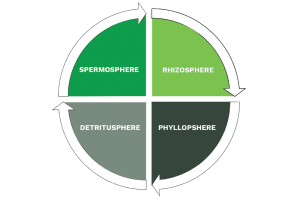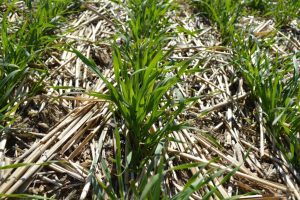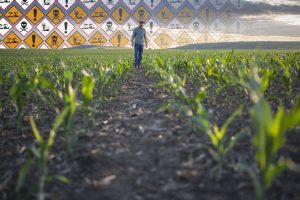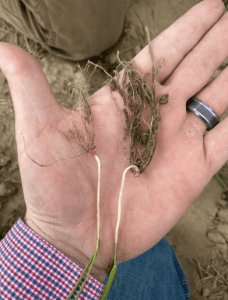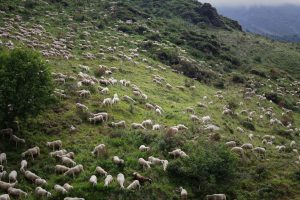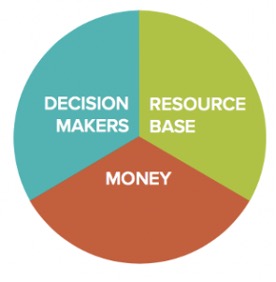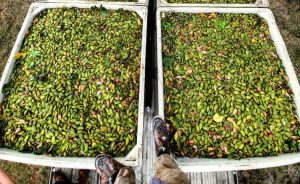Source: This post was originally published on Beef Central
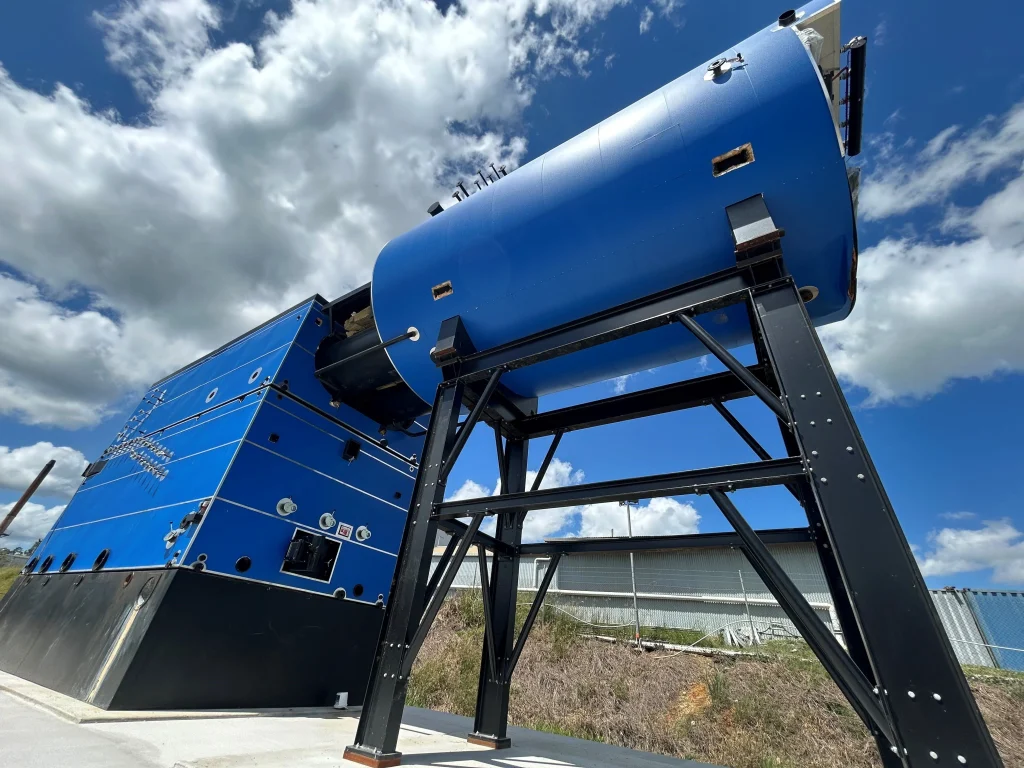
INVESTMENTS in bioenergy sources continue to be made in the red meat processing sector, with Queensland-based grainfed processor Kilcoy Global Foods announcing a major step forward in its environmental efforts with the recent installation of a state-of-the-art biomass boiler.
Beef Central recently wrote about another new bioenergy project at JBS’s Beef City processing facility near Toowoomba, where a new biogas harvesting system is producing up to 10,000 cubic metres of biogas per day, eliminating the equivalent of 34,000 tonnes of carbon dioxide emissions annually; and this separate project at JBS Scone. which will eliminate 23,000t of annual CO2 emissions.
 Earlier this year Kilcoy become the first and only large-scale beef plant in Australia, and potentially the world, to reach certified carbon neutral status.
Earlier this year Kilcoy become the first and only large-scale beef plant in Australia, and potentially the world, to reach certified carbon neutral status.
The advanced biomass boiler technology installed at Kilcoy Global Foods’ processing plant north of Brisbane, pictured above. will reduce the business’s reliance on fossil fuels, and enhance its environmental responsibility.
Kilcoy’s new biomass boiler replaces an old coal-fired boiler and is a renewable energy system that generates heat by burning organic materials (biofuel), such as plant waste and animal by-products.
The switch from coal to biofuel will help reduce the Kilcoy facility’s emissions by more than 14,000 tonnes of CO2 each year. The project is expected to run for seven years, with a total emission reduction of around 100,000tonnes of CO2.
Kilcoy Global Foods Australia president Jiah Falcke said the company’s goal for this project was simple: ”To move away from fossil fuels and adopt a cleaner, greener option.”
The new biomass boiler works by feeding biomass fuel into a combustion chamber, where it is burned to produce heat. This heat is then used to create steam or hot water, which powers numerous processes in the plant. The system is equipped with advanced technology to ensure efficient combustion and minimal emissions, supporting KGF’s goal of reducing its carbon footprint.
One of the primary advantages of the new biomass boiler was its significant reduction in greenhouse gas emissions, the company said.
“By shifting from fossil fuels to biomass energy, we are lowering our carbon footprint and contributing to a more sustainable environment. This aligns with our commitment to minimising our environmental footprint,” KGF said.
The installation also provides ongoing cost efficiencies.
“While the initial investment in a biomass boiler may be higher, the long-term cost benefits are substantial. Biomass fuel is often more affordable than coal, leading to lower operational costs. Additionally, the efficiency of our new boiler ensures that we get a greater energy output per unit of fuel, enhancing overall cost-effectiveness,” the company said.
“This forward-thinking approach highlights our commitment to innovation and responsible environmental stewardship, setting a positive example for others in the industry.”
“In many ways, Kilcoy Global Foods is paving the way for the Australian meat industry when it comes to sustainable practices, we’re pushing boundaries to minimise our environmental footprint,” Jiah Falke said.
Australia’s Emission Reduction Fund
Kilcoy’s biomass boiler project is part of the company’s participation in the Australia Government’s Emission Reduction Fund. The ERF is a voluntary scheme that incentivises organisations to adopt new practices and technologies to reduce their emissions.
Under the scheme, organisations which adopt approved ERF methods can earn Australian Carbon Credit Units (ACCUs). These units can be sold, providing a valuable revenue stream while also demonstrating commitment to sustainability.
Reduction targets
As reported earlier on Beef Central, Kilcoy Pastoral Co has committed to a reduction target of 50pc by 2026 for Scope 1, 30pc by 2027 for Scope 2 and 30pc for Scope 3 emissions by 2030 emission sources from a 2022 baseline.
Scope 1 emissions will be reduced by:
The current project outlined above, being a new biomass boiler installed to replace an existing coal-fired boiler. This will reduce carbon emissions from Stationary Energy (solid fuels) by up to 50pc in 2024 from the company’s 2022 baseline.
Further reductions benefit from this step will be fully realised in 2025 when Kilcoy’s carbon emissions from Stationary Energy (solid fuels) by up to 90pc in 2025, from its 2022 baseline.
Scope 2 emissions will be reduced by:
The major wastewater to energy project implemented in 2022 will be generating up to 50pc of the electricity required from biogas and produce hot water as a part of the process. This reduces Kilcoy’s demand for grid-based electricity.
The company is exploring alternative options to further reduce grid-based electricity from Solar PPAs with Green Power in 2024.
Scope 3 emissions will be reduced by:
Kilcoy will reach a zero waste to landfill status by the end 2024, currently recycling/reusing 95pc of the waste produce. The company is working with supply chain partners to ensure it reaches its goal of zero waste to landfill for the remainder of its waste.
Reduction in business travel with more video conferencing facilities to be implemented and the use of more Climate Active Carbon Neutral Products within the organisation will reduce emissions by 30pc by 2030, relative to its 2022 numbers.




